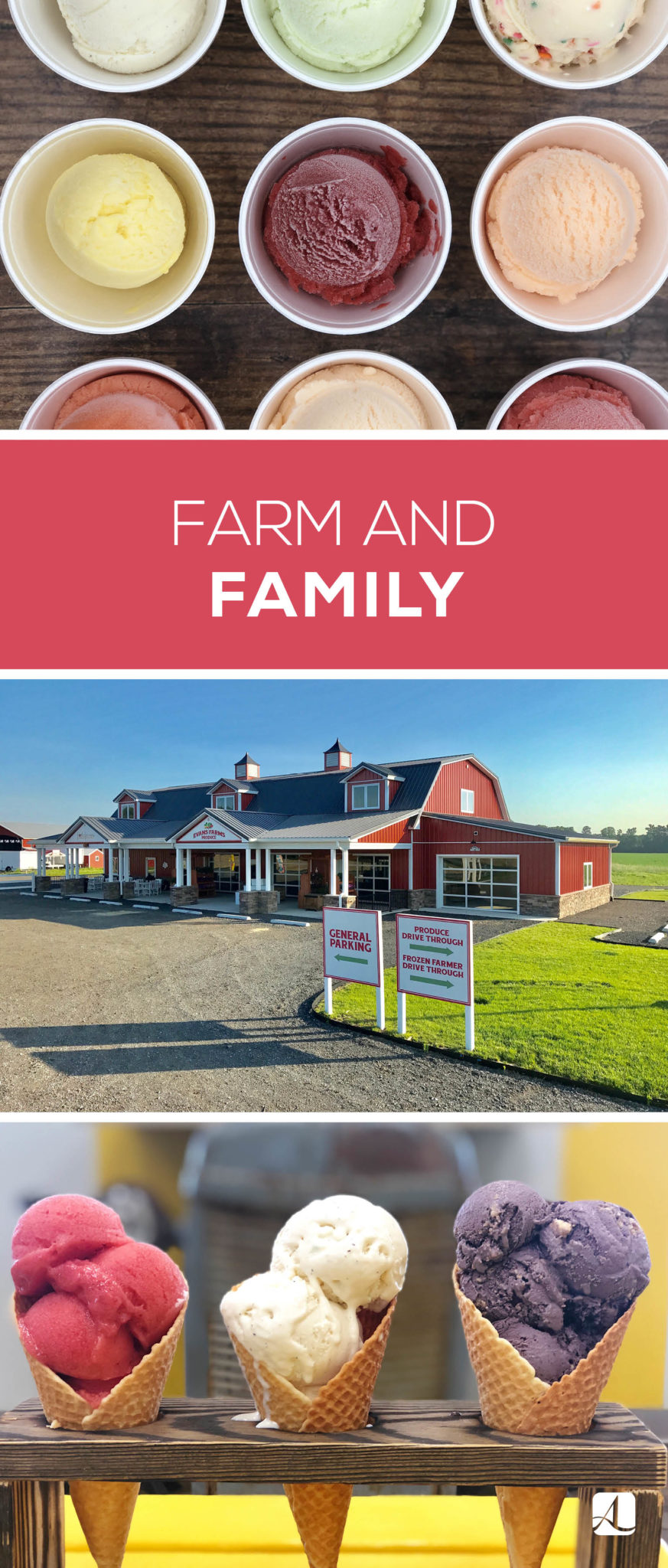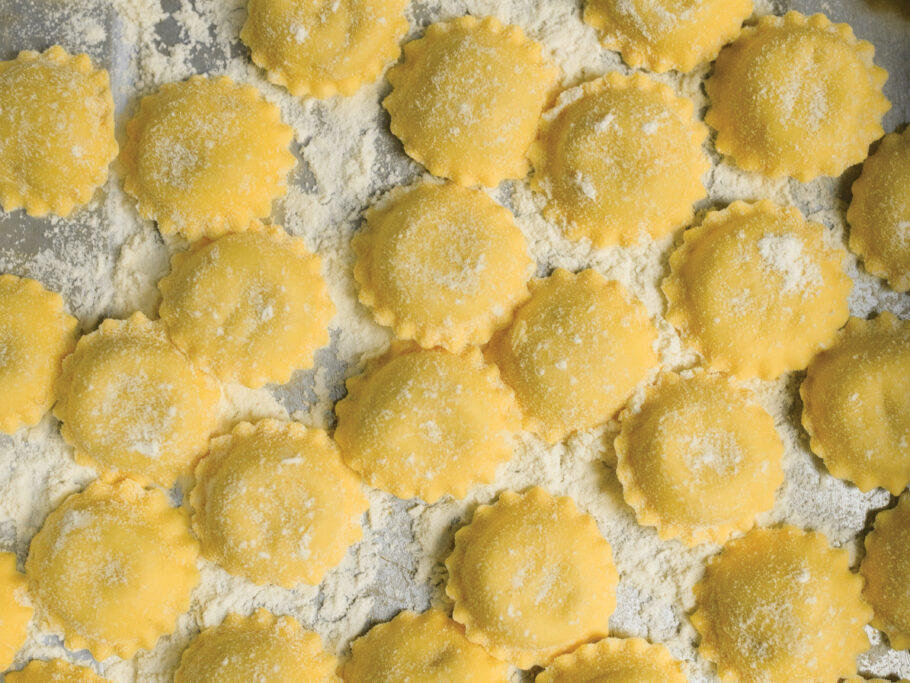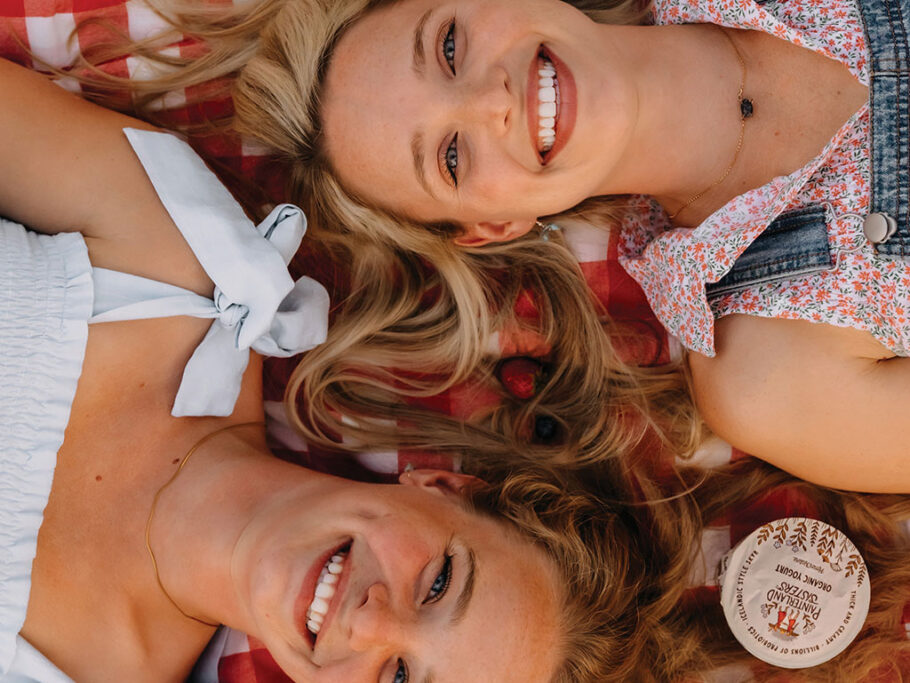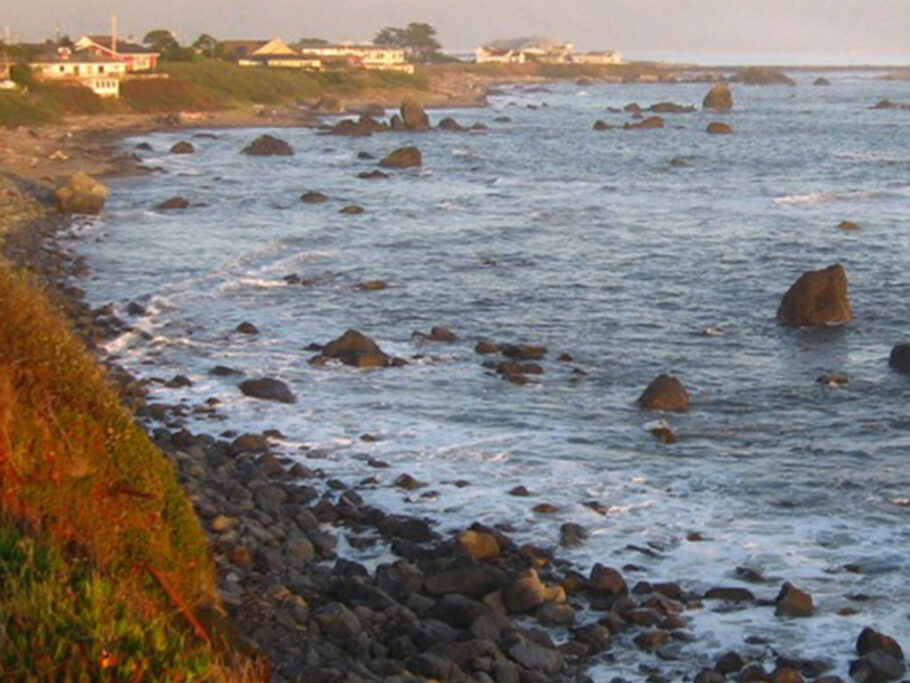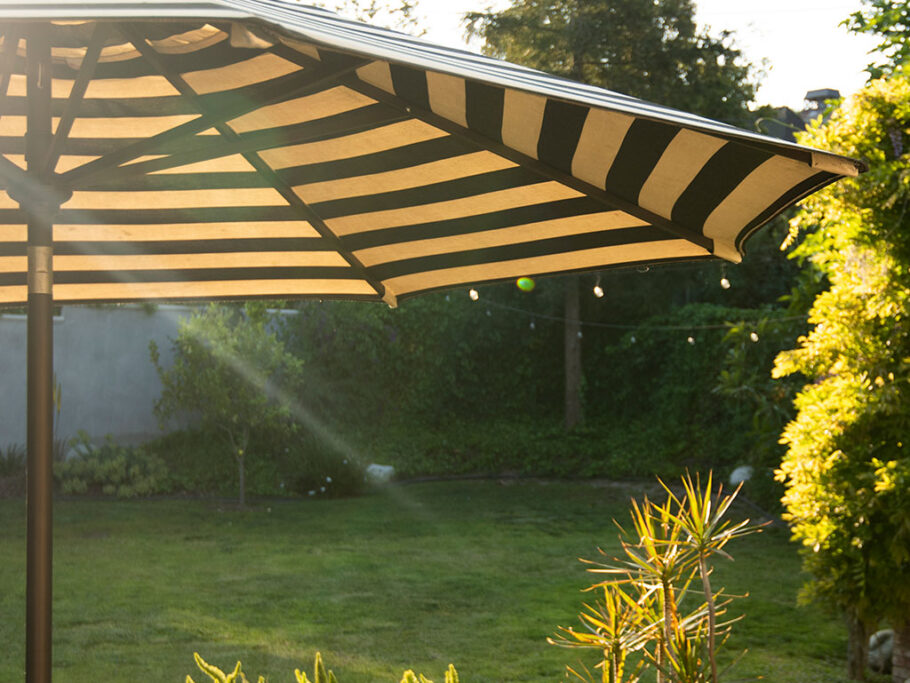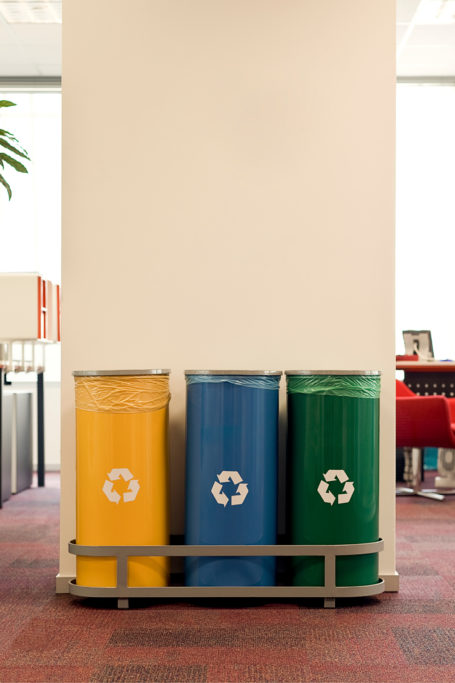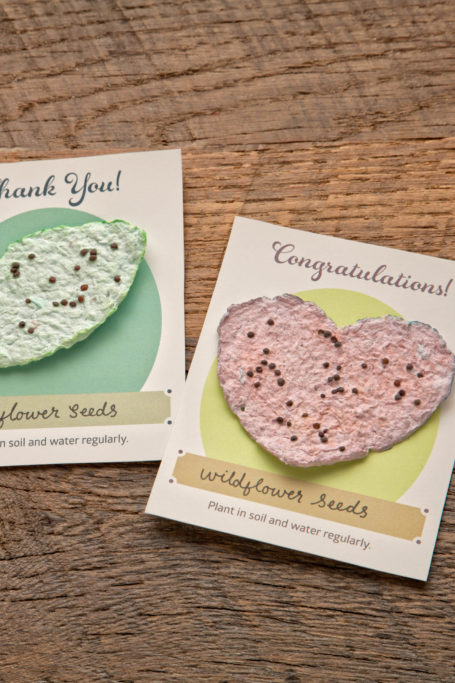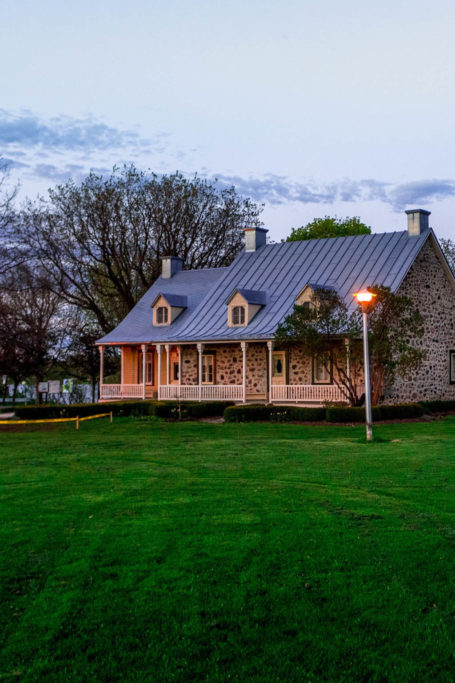Farm and Family
Photography by Evans Farms.
Farmers Kevin and Katey Evans decided to tackle food waste on their more than 3,000-acre farm in Bridgeville, Delaware, by incorporating imperfect fruits into frozen treats. Katey describes life on the farm, explains the importance of sustainability and locally sourced foods, and shares how she struck a deal for their creamery business, The Frozen Farmer, on Shark Tank.
What’s your role on the farm?
I’ve helped my husband, Kevin, a third-generation farmer, on the family farm since day one of our relationship. After we got married, I started with office work and then took over operations of our farm market while working a second job at the Delaware Farm Bureau. I then took a telecommuting PR job at a communications company based out of Virginia, where I worked for years until
The Frozen Farmer demanded my full-time attention.
What inspired you to start The Frozen Farmer?
Our produce is sold at grocery stores, which need the food to look good. A lot of our imperfect crops—up to 20 percent—were going to waste even though they tasted great. We wanted to reduce that waste, so we decided to add the fruits to a line of frozen products and opened The Frozen Farmer creamery in 2015.

Tell us what Evans Farms and The Frozen Farmer offer:
At our farm market, people can shop for homegrown produce, milk, cheese, and bread, as well as local meats, jarred items, and Amish-baked goods. We also have a playground on the farm and a chicken coop where kids love to feed the chickens, and we host field trips and do farm festivals through the fall. Our menu is abundant at The Frozen Farmer. We sell super-premium ice cream and milkshakes, which contain less air and are 14 percent butterfat, making them really rich; dairy-, gluten-, and fat-free sorbets and smoothies; and Frobert, a delicious combination of the ice cream and sorbet. We have around fifty flavors overall, with some seasonal swap-outs. We also offer other treats like sundaes and fresh juices.
What are your most popular flavors?
It rotates seasonally. In summer, it’s the Strawberry Pretzel Salad ice cream, hands-down. In local strawberry season, we grow about five acres of strawberries every year, which we also sell here on the farm, to local Giant Food stores, and to local farm markets because there aren’t many other strawberry growers in the area.
My personal favorite is the Blueberry Strudel Frobert, which is why I took it to Shark Tank—it’s the one that Lori Greiner raved about, too. We also create other flavors with upcycled fruit, like the Pineapple Mango sorbet, which is one of our best sellers.
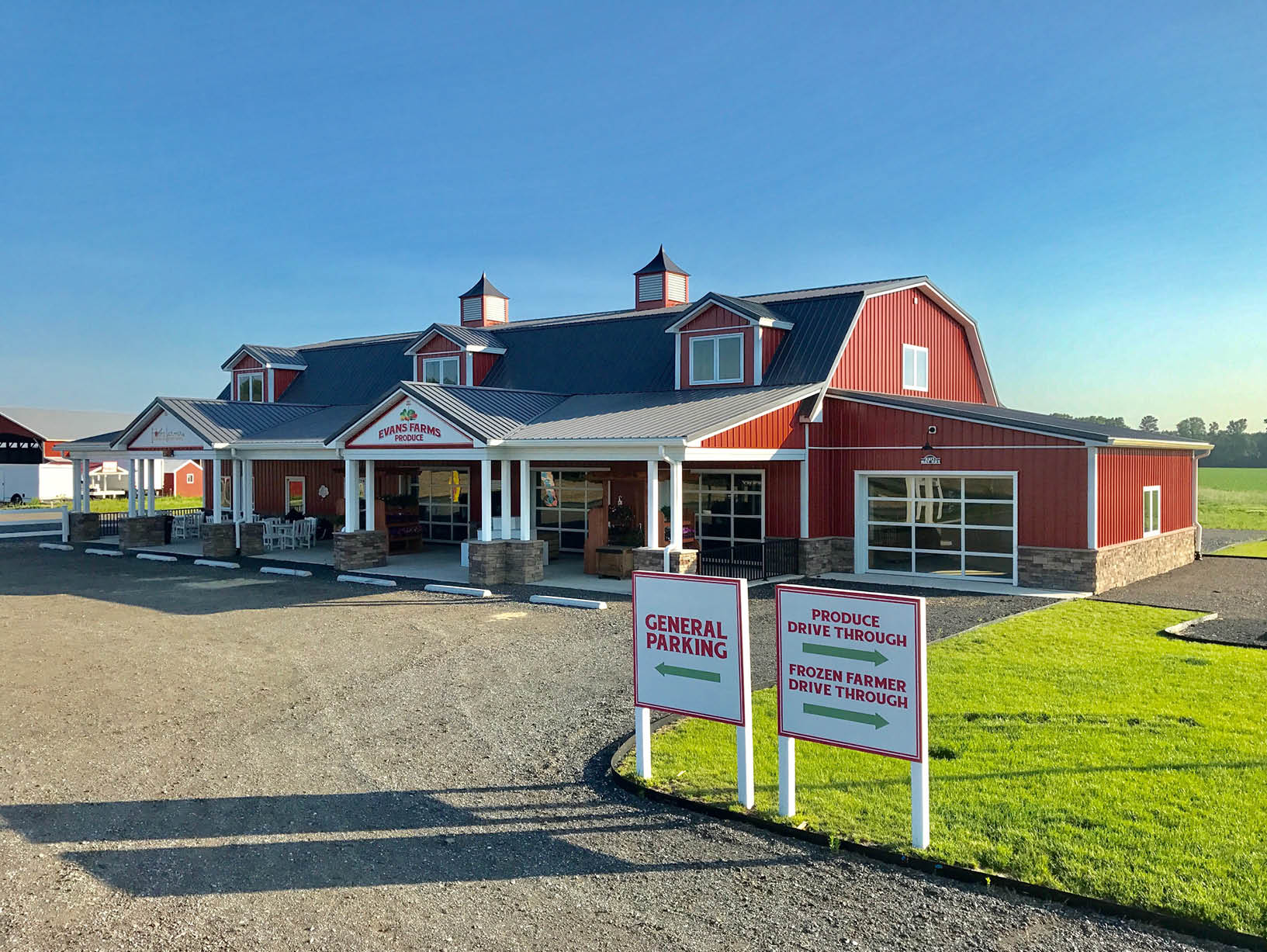
How did your Shark Tank pitch come about?
Our customers have always told us that we should take our products to Shark Tank. Honestly, I had never watched the show prior to us getting serious about trying out for it. But in one meeting with Giant Food, our buyer said something that stuck with me: that we could be like the Skinnygirl brand.
Bethenny Frankel is the owner of Skinnygirl and was on Real Housewives of New York City (I’m a big Real Housewives fan), so I was inspired to reach out to her, hoping for a note of encouragement. But instead of just congratulating me, she sent a video saying that this would be a wonderful idea for Shark Tank. Since she was a guest Shark on seasons nine and ten, I took that as a sign.
I applied for a casting in New York and stood in line with hundreds of other entrepreneurs, totally out of my element—I was wearing overalls and stuck out like a sore thumb. In my open audition, I knew if I could get the casting team to just taste the product, we would have a shot. The one I was assigned to popped the top of the Orange Cream, tried a scoop, and said “That’s all I need. Thank you very much.” I felt that I’d just made it or I broke it. But we made it!
Being a small, family-run business, we had to maintain business as usual at the time because we were in the busy ice-cream and produce season. That was definitely a challenge. It made it all the more rewarding when we got a deal with Lori.
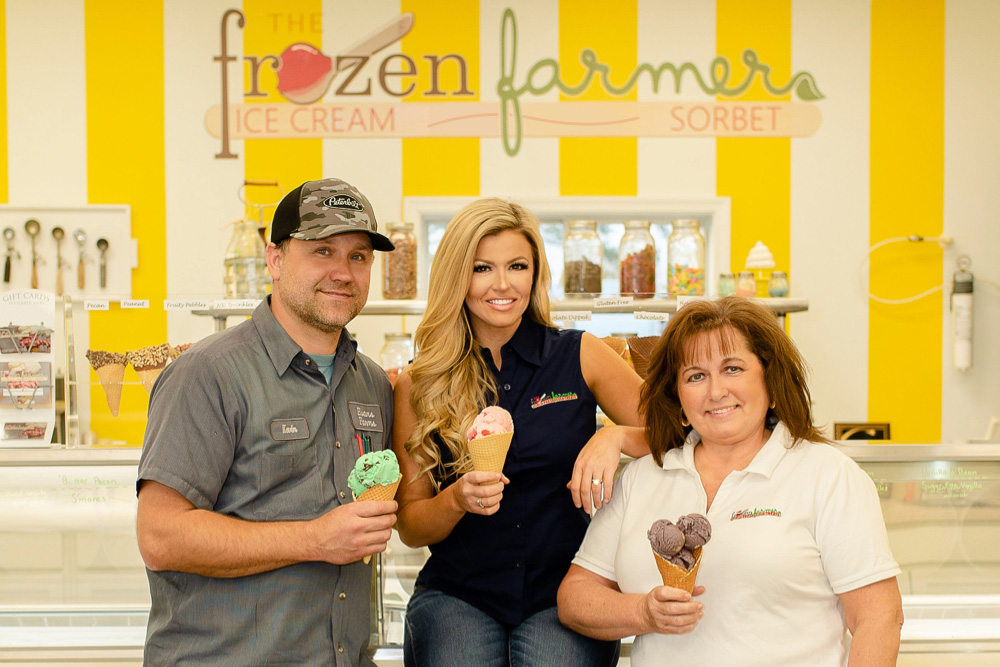
Speaking of it being a family-run business, you and Kevin (with help from your mother) manage all this yourselves. How do you do it?
We juggle a lot. Kevin and I sometimes work eighteen-hour days and almost always seven days a week. I have three kids—ages eight, six, and two—and sometimes even family time becomes work time. At night, I’m on the phone, researching, doing social media, or texting our vendors for orders for the next day. Kevin sets his alarm clock in the middle of the night to check on irrigations. I tell people that we don’t sleep much; we just nap. Work is life to us, and life is work. I don’t ever feel like I get up and go to work, though. No day seems like “work” when you love what you do as much as we do. Bridgeville is a small, close-knit town.
What does the community mean to you?
My husband’s family has been part of this town for seventy-eight years. Being able to run a business for our community to enjoy has been a vital aspect of growing The Frozen Farmer and is something that’s very close to our hearts. Like any small business, you do what you can to support your community and give back to it because, at the end of the day, your neighbors are like your family.
And that includes using locally sourced foods?
Correct. For produce we don’t grow here on the farm, we partner with other local farmers and suppliers to use their in-season food. For example, there’s a local supplier of bananas and pineapples. When they’re not able to sell that fruit quickly to their customers, we’ll buy it; the brown bananas and the super-ripe pineapples are perfect for our Banana Berry and Pineapple Mango sorbets. It’s a win-win for everyone and further reduces food waste.

How do you feel about food education?
Educating our own children about food obviously comes first and foremost. But there are a lot of misconceptions out there about agriculture, so making sure the consumer is educated about best ag practices, safe food handling, and all the issues that farmers deal with on a day-to-day basis is extremely important to us. In my position, one of the things I’m most passionate about is spreading ag education and awareness. We work with schools to do this, and we do it at both the farm market and The Frozen Farmer—in fact, The Frozen Farmer exposure has given me an even larger platform to speak about it.
Can you imagine doing anything else?
My first job was working on a farm when I was twelve years old, so it’s always been a passion of mine. It’s not something I thought I’d make a career out of, but when you marry a farmer, you marry the farm, too. I couldn’t see myself doing anything else. Farm and family are one and the same.
For more info, visit thefrozenfarmer.com or evansfarmsproduce.com
